Excerpts "Heartburn", "Foriegn", "Time Machine" from Touristby TAK Erzinger Heartburn Yesterday I discovered what anaemia is: quiet snowflakes turned the sky pale, the grass capped in frost or is it called escaracha? I whisper the word and try to hold on to it, the way my tongue pushes against my teeth. The day my mother departed, cold moved in and innocence was frozen, along with my meaning of all those words: mami, madré. hija, niña tongue-tied something got lost in translation. They’ve given me iron to strengthen me, if only it could forge us back together. I try to eat my way back to you, so much flesh and blood. I try to recover every dish you made me but I’m still hungry, surrounded by empty plates and the aroma of what was served. Waves of indigestion chase me out of a dream. Foreign They’ve sampled my tradition in a spoonful, too curious to refuse. I’m a buffet laid out, my language colourful, a sea teeming with strange delights, that laps at their ears the edge of their understanding. It could be smooth sailing, I’ve heard, but I feel a storm in the air caught between hot and cold, clouded partitions create boundaries between concrete and abstract why must there be one or the other? I’ve always been good at balancing the two from my head to my heart. They say they care but I can’t read their lips. I beg at their table like wasps or flies trying to snatch back pieces they’ve appropriated, I end up starved. Time Machine Spying an aeroplane smooth and silver far above land, between space and rock, living two lives: above sea-level, afraid of heights saddled by a dialect, my tongue blooms with foreign wounds, I long to return to the shallows of the sea – floating – or taste the crust of an arepa, salted like your skin. Touch down on a landing strip and stake claim to abandoned places with starfruit trees shining ripe, straining to be plucked. Let’s return: we’ll tread the wide, once teeming asphalt, still hot from the sun. Jet-lagged, no one will notice how much we’ve changed. TAK Erzinger copyright 2023 from the collection Tourist (Sea Crow Press, Massachusetts)  TAK Erzinger is an award-winning poet. Her collection At the Foot of the Mountain (Floricanto Press California, 2021) won the University of Indianapolis Etching Press, Whirling Prize 2021 for best nature poetry book. It was also a finalist at The International Book Awards 2022, Willow Run Book Awards and Eyelands Book Awards. Erzinger’s forthcoming poetry collection Tourist (Sea Crow Press, Massachusetts) is due out in April 2023. Erzinger is an American/Swiss poet and artist with a Colombian background. She lives in a tiny hamlet in Switzerland with her husband and two cats.
0 Comments
Excerpts from |
Archives
July 2024
Categories
All
|
Donate and Make Literature Happen
is published by the Somos En Escrito Literary Foundation,
a 501 (c) (3) non-profit, tax-exempt corporation. EIN 81-3162209


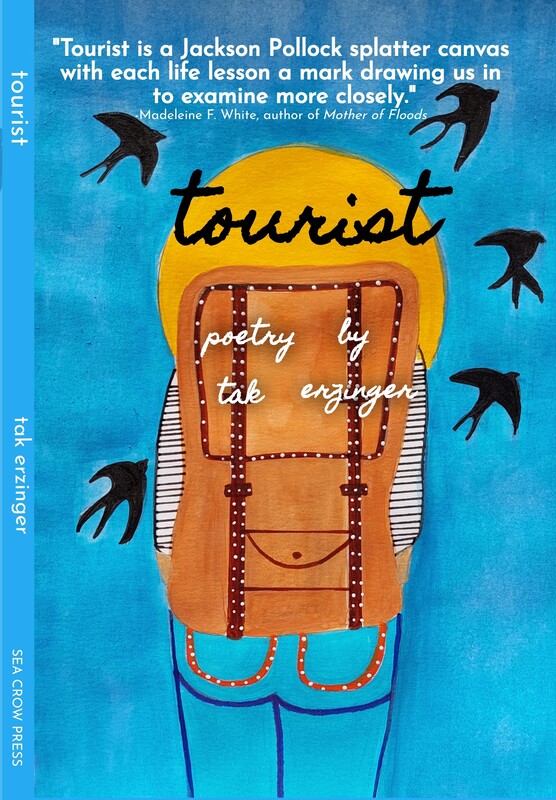
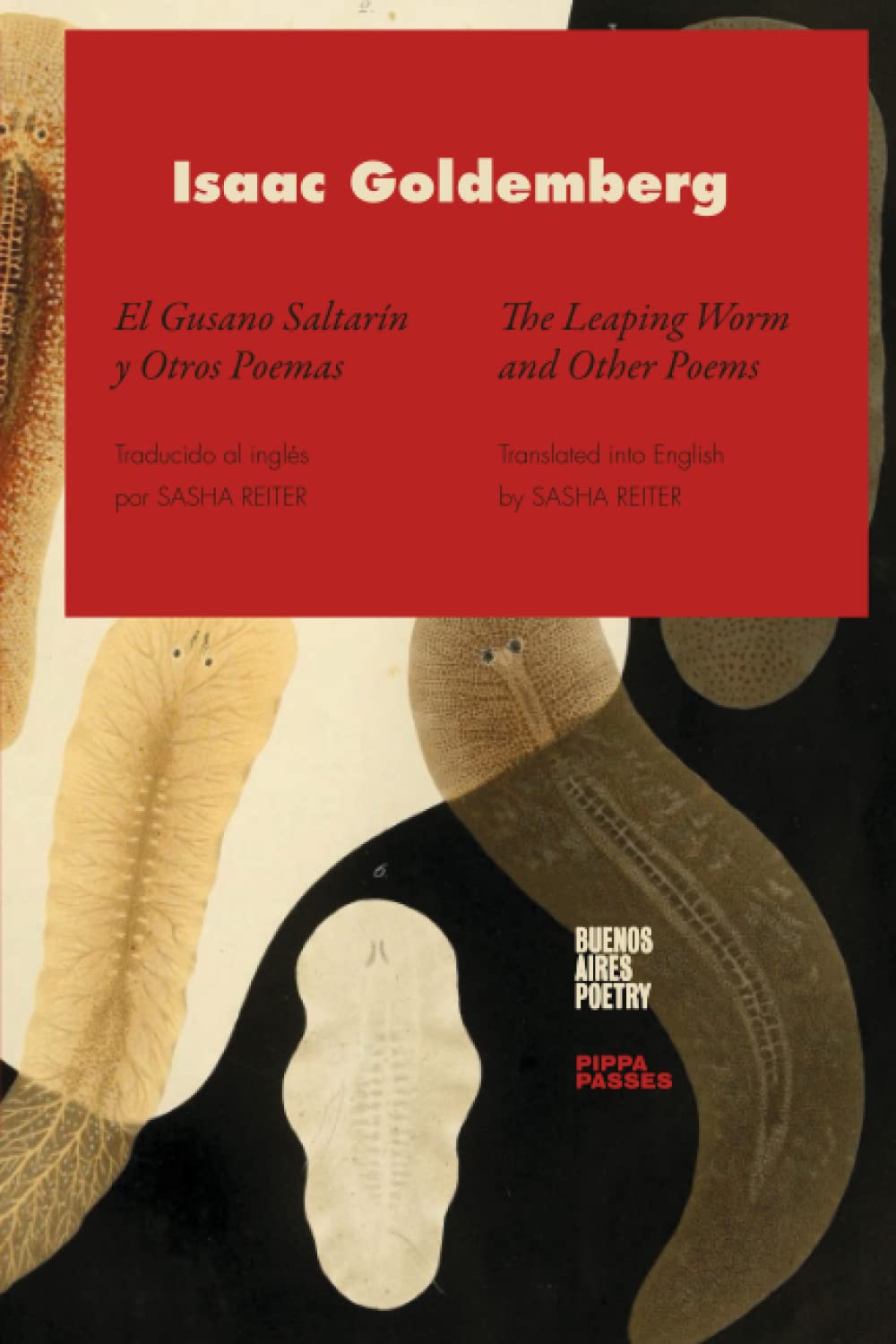
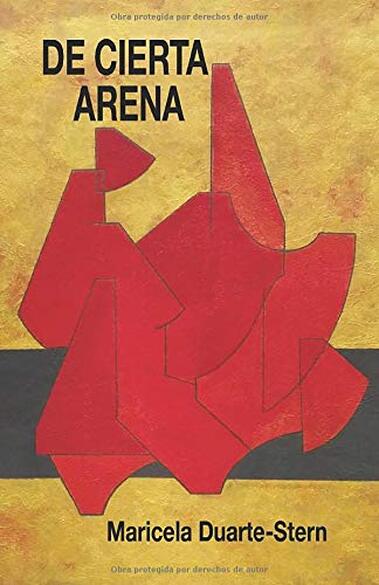
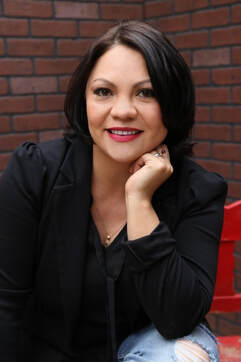
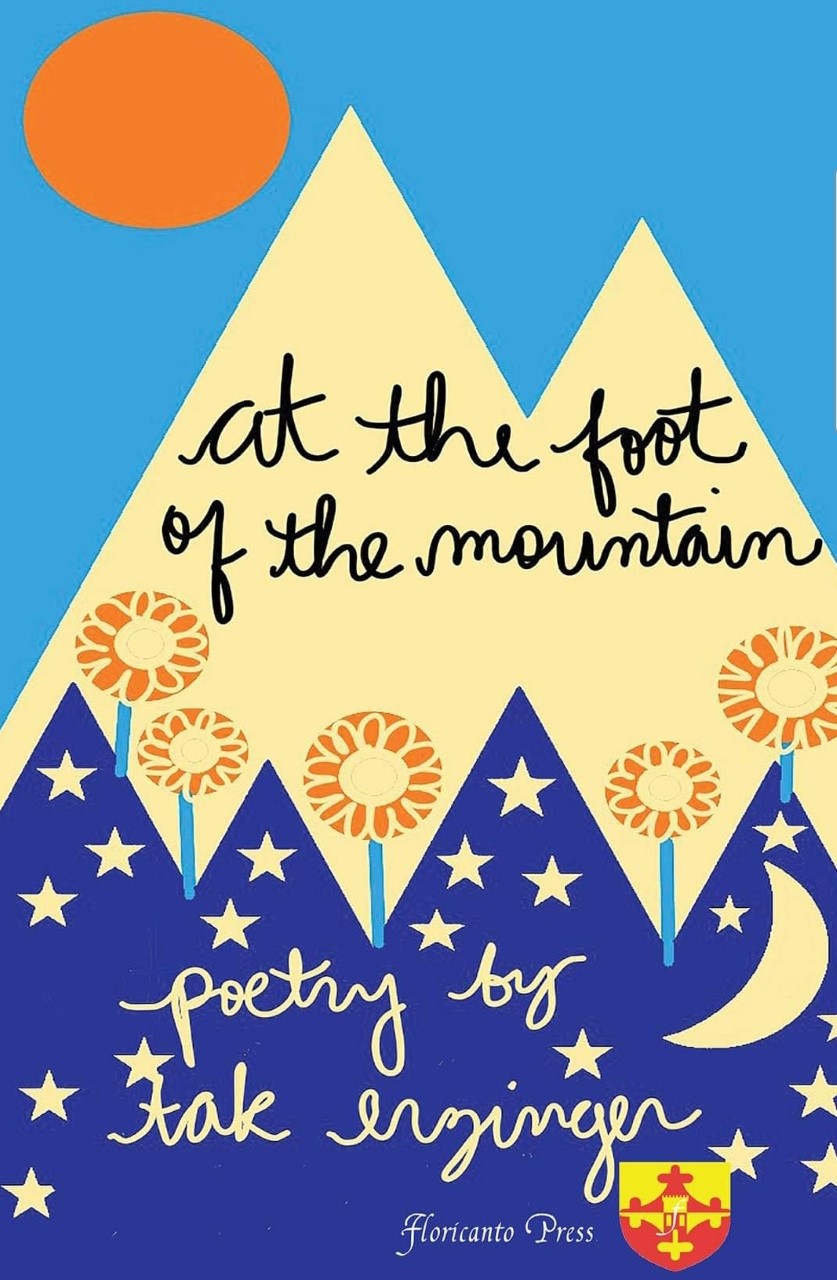
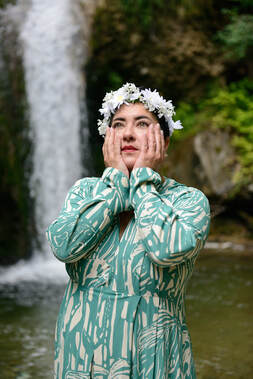
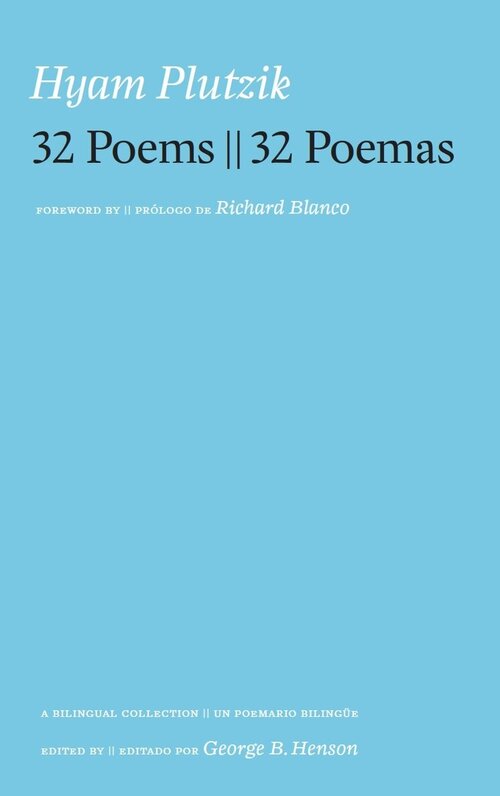
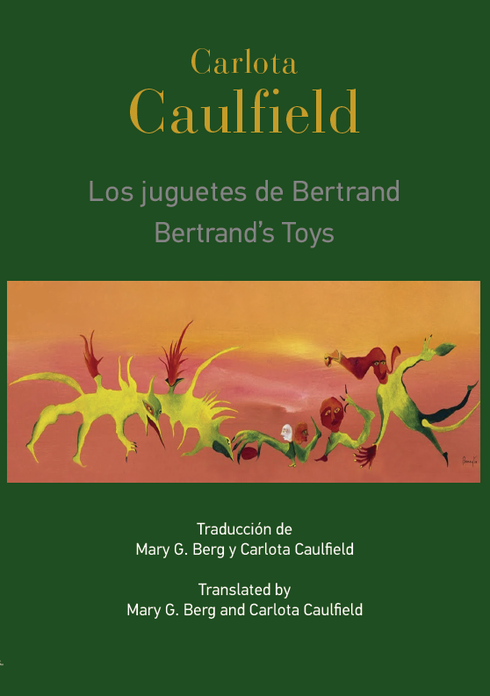
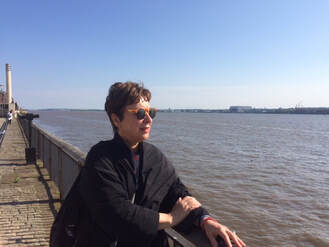
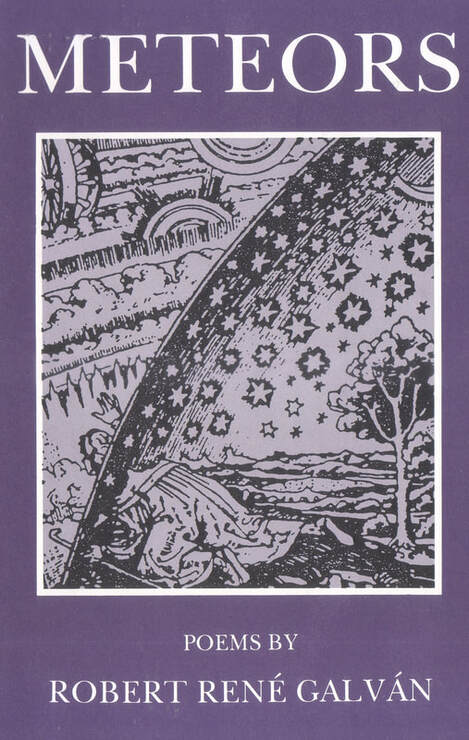
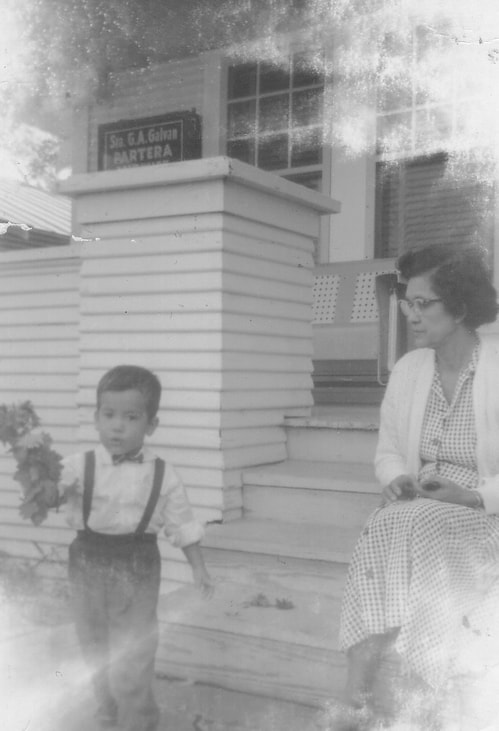
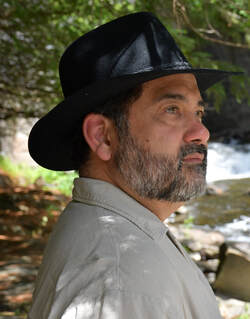
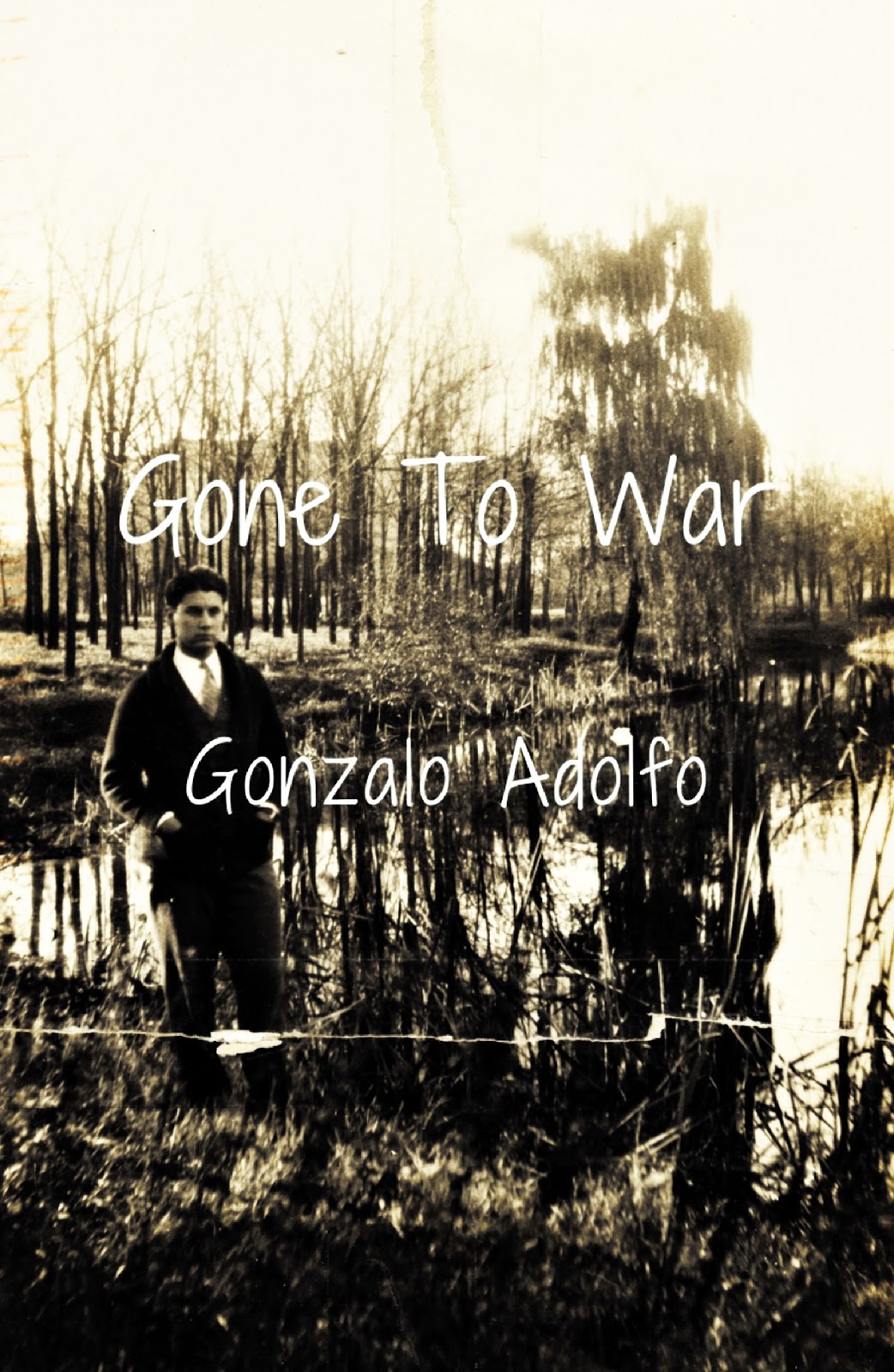

 RSS Feed
RSS Feed